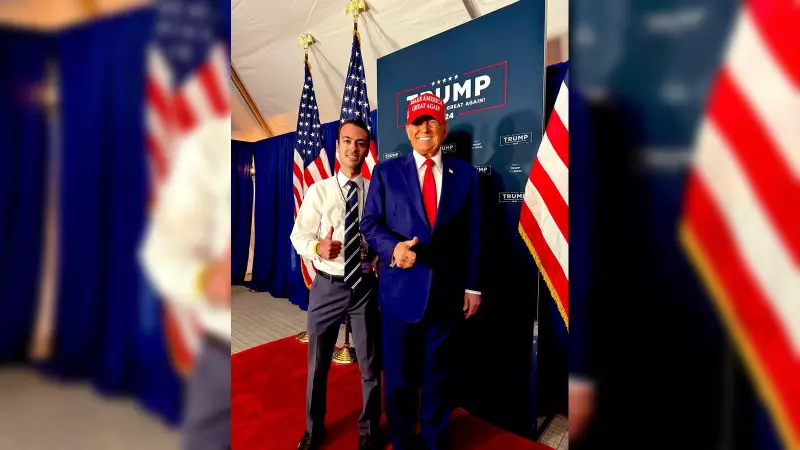
In a shocking revelation that has sent political circles reeling, leaked private messages have exposed Donald Trump's judicial nominee Paul Ingrassia making deeply offensive racist comments and drawing Nazi-era comparisons, casting serious doubt on his suitability for a federal judgeship.
Disturbing Messages Surface
The controversy erupted when private communications obtained by The Indian Express revealed Ingrassia's participation in conversations containing racial slurs and inflammatory rhetoric. The messages show a pattern of concerning behavior that has alarmed civil rights advocates and legal experts alike.
Nazi References and Racial Insensitivity
Among the most alarming revelations were Ingrassia's apparent comparisons to Nazi ideology and derogatory comments targeting Black communities. The leaked exchanges paint a picture of a nominee whose private views appear fundamentally at odds with the impartiality expected of federal judiciary members.
Political Fallout Intensifies
The exposure of these messages has triggered immediate backlash from Democratic lawmakers and civil rights organizations. Senate Democrats are now expected to mount significant opposition to Ingrassia's confirmation, citing the leaked communications as evidence of his unsuitability for the lifetime appointment.
White House Response
The Biden administration faces mounting pressure to address the situation, with critics demanding a thorough investigation into how someone with such documented views could advance to this stage of the nomination process. The White House has yet to issue a comprehensive statement on the matter.
Broader Implications for Judicial Appointments
This controversy raises important questions about the vetting process for federal judicial nominees and the standards to which they should be held. Legal experts emphasize that judges must not only be qualified professionally but must also demonstrate the temperament and impartiality necessary to uphold constitutional principles for all citizens.
The timing of these revelations could not be more critical, coming as the Senate prepares to consider multiple judicial nominations. The Ingrassia case may well become a touchstone for future debates about character and fitness in judicial appointments.





